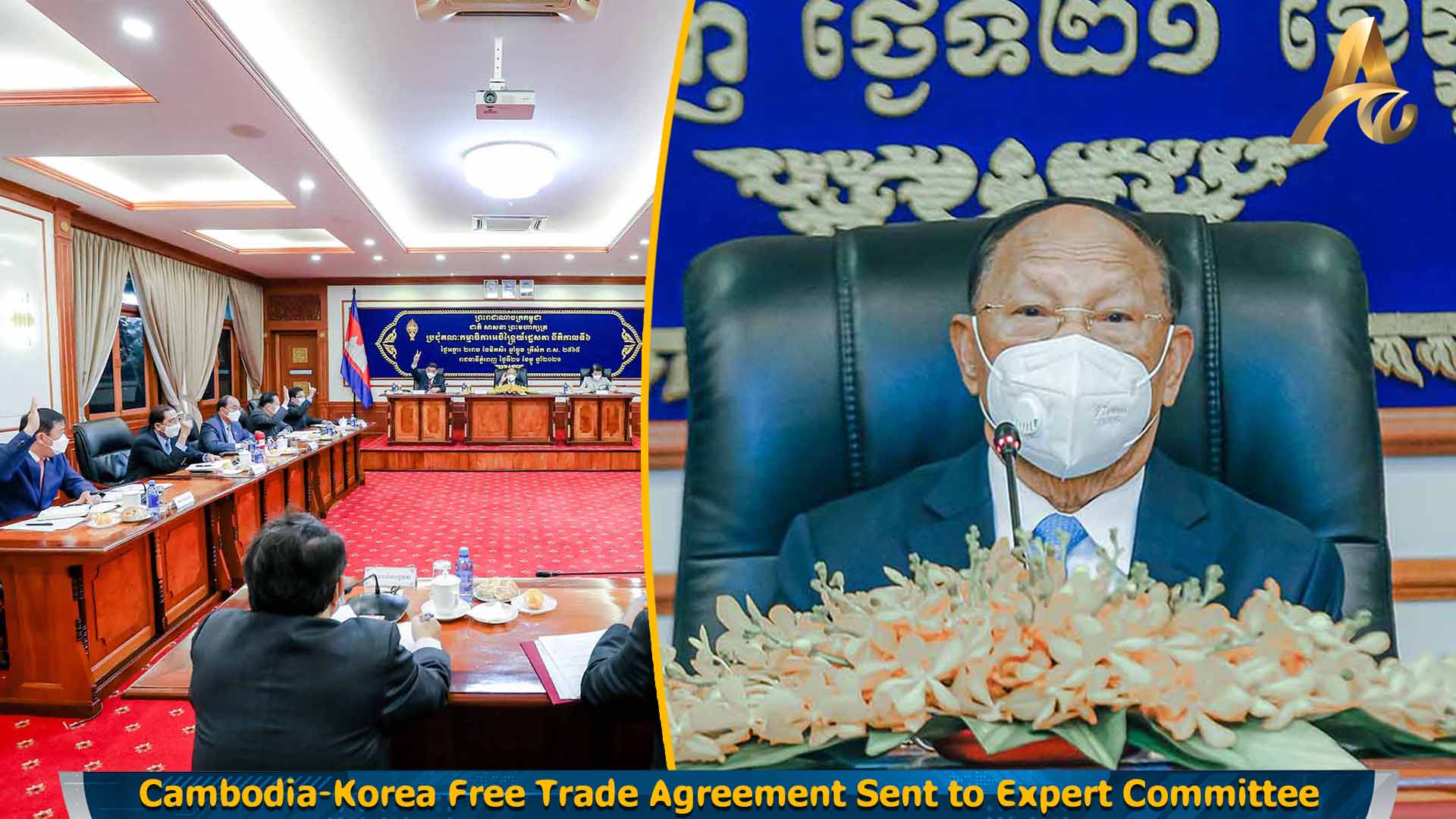PHNOM PENH: The Cambodia-Korea Free Trade Agreement was sent to the Standing Committee of the National Assembly for review before being sent back to the Standing Committee to prepare the agenda for the final meeting of the National Assembly.
The Standing Committee of the National Assembly, chaired by Heng Samrin has received and submitted three draft laws, including the draft law on the amendment of the law on commercial enterprises, the draft law on the amendment of the law on commercial rules and regulations, and the draft law on the approval of the Free Trade Agreement between the Royal Government of Cambodia and the Government of the Republic of Korea. It will be sent to the Expert Committee for review and be reported to the Standing Committee of the National Assembly.
The Ninth Committee of the National Assembly and the Fifth Committee to review the Cambodia-Korea Free Trade Agreement are working together to review the agreement.
On 26 of October this year, Minister of Commerce Pan Sosak formally signed the Cambodia-Korea Free Trade Agreement with the Minister of Commerce of the Republic of Korea, Yeo Han-Koo. Cambodia expects the FTA to boost exports, increase gross domestic product and increase employment, which will help revive the economy from the effects of Covid-19.
The Cambodia-Korea Free Trade Agreement consists of 10 chapters and 131 articles covering trade in goods, including technical standards, compliance procedures, hygiene and phytosanitary measures, trade barriers, origin rules, customs procedures and trade facilitation, Economic cooperation, transparency, dispute resolution mechanisms, claims, institutional arrangements and final regulations. It was fully approved by the Council of Ministers on 16 December 2021.
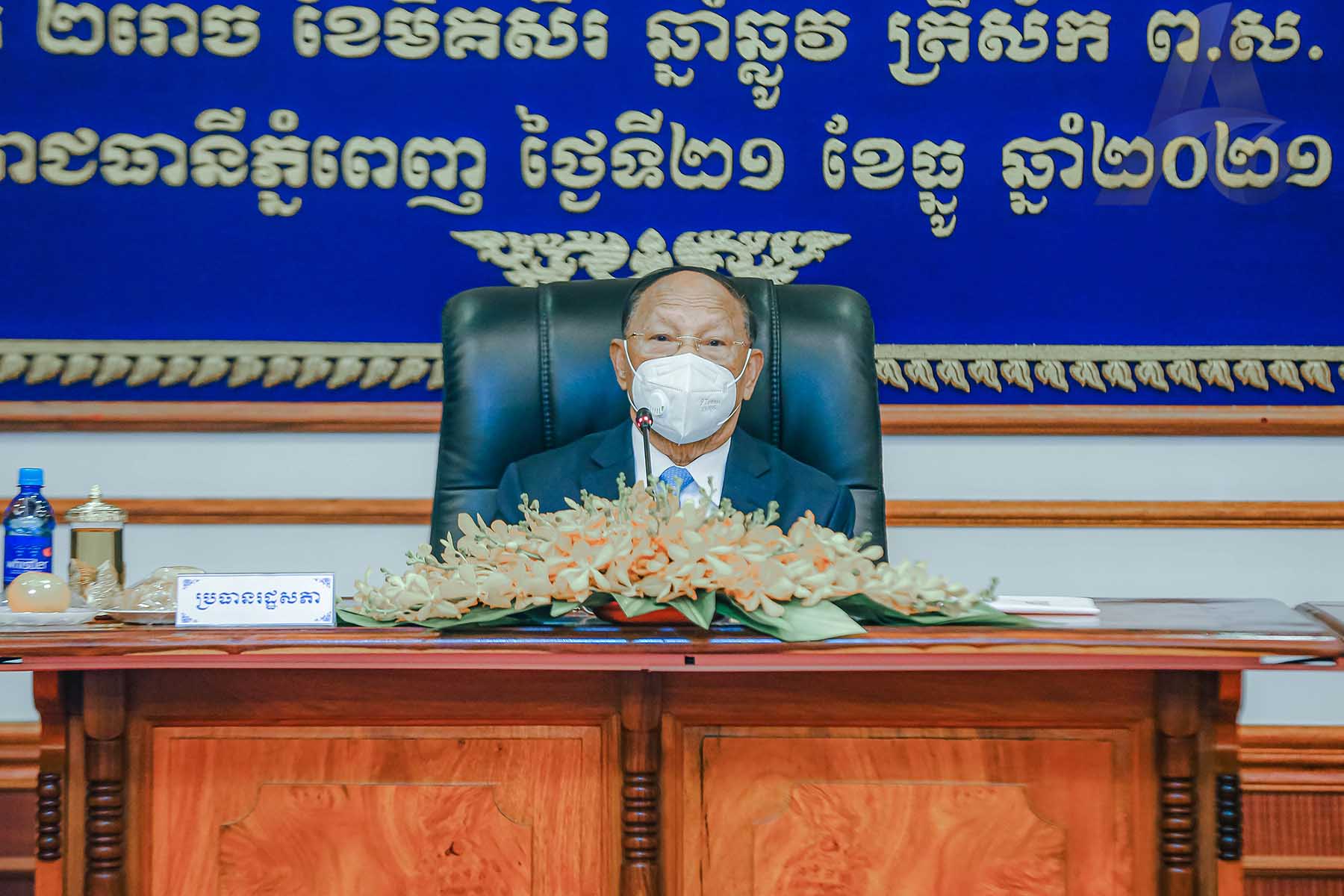
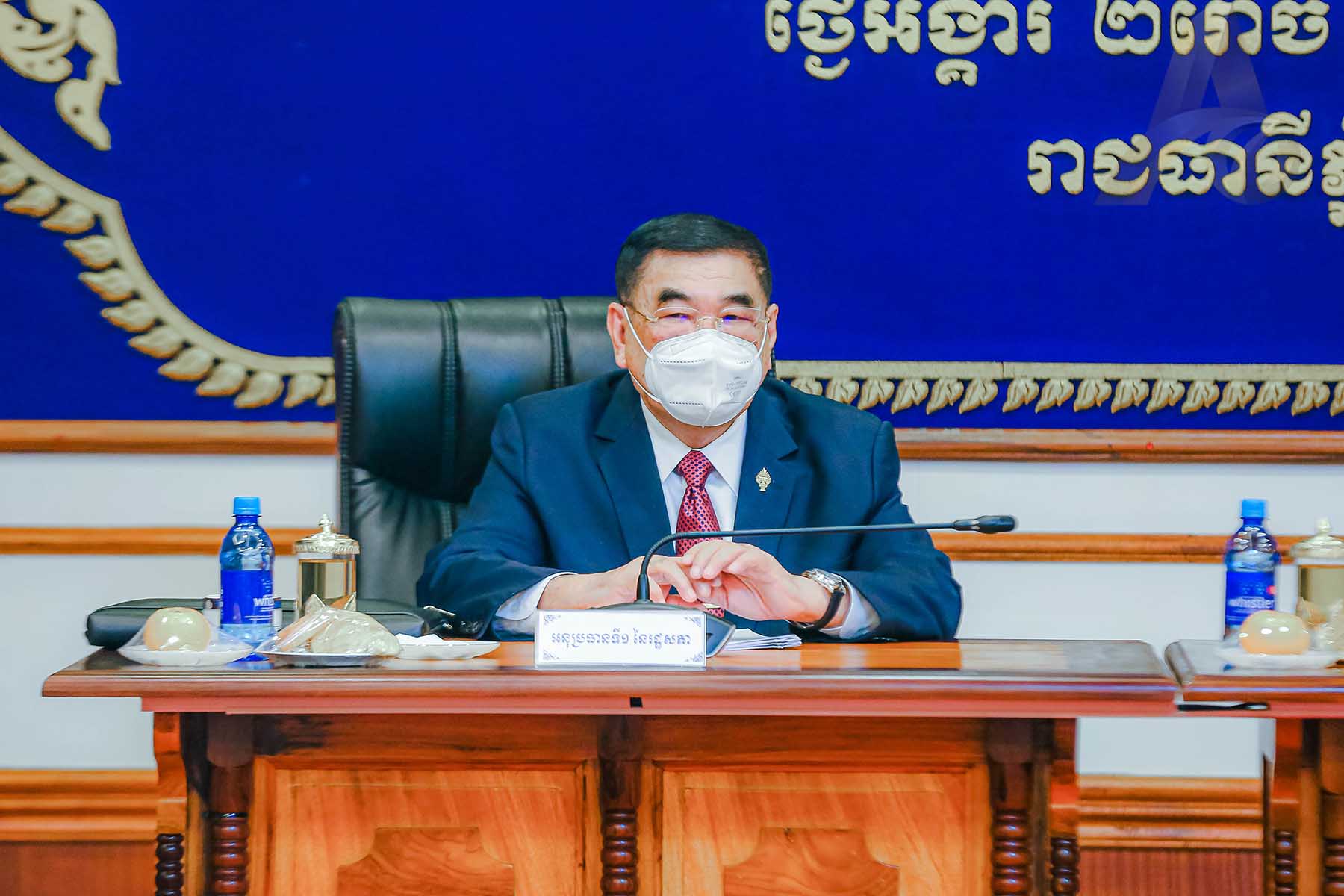
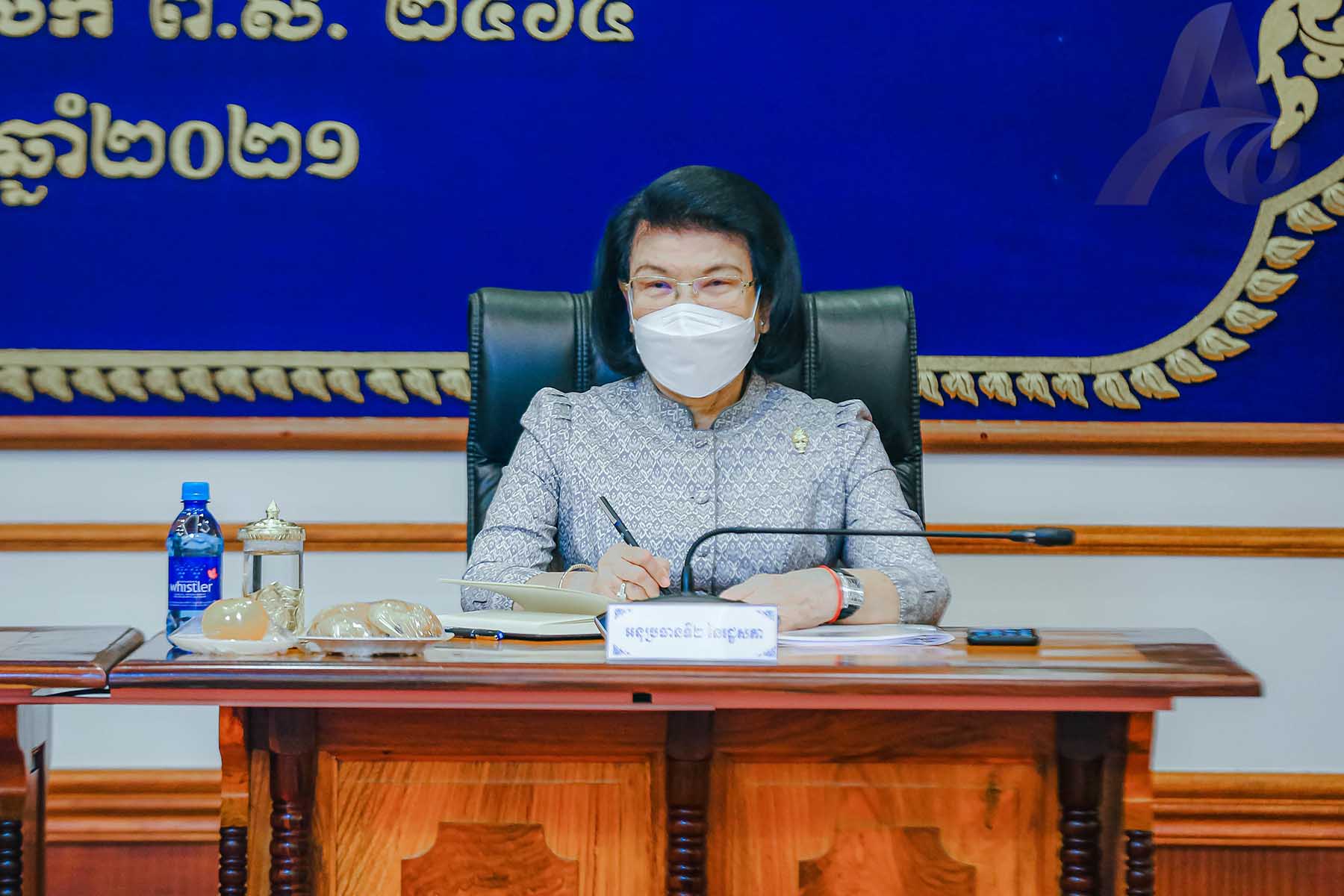
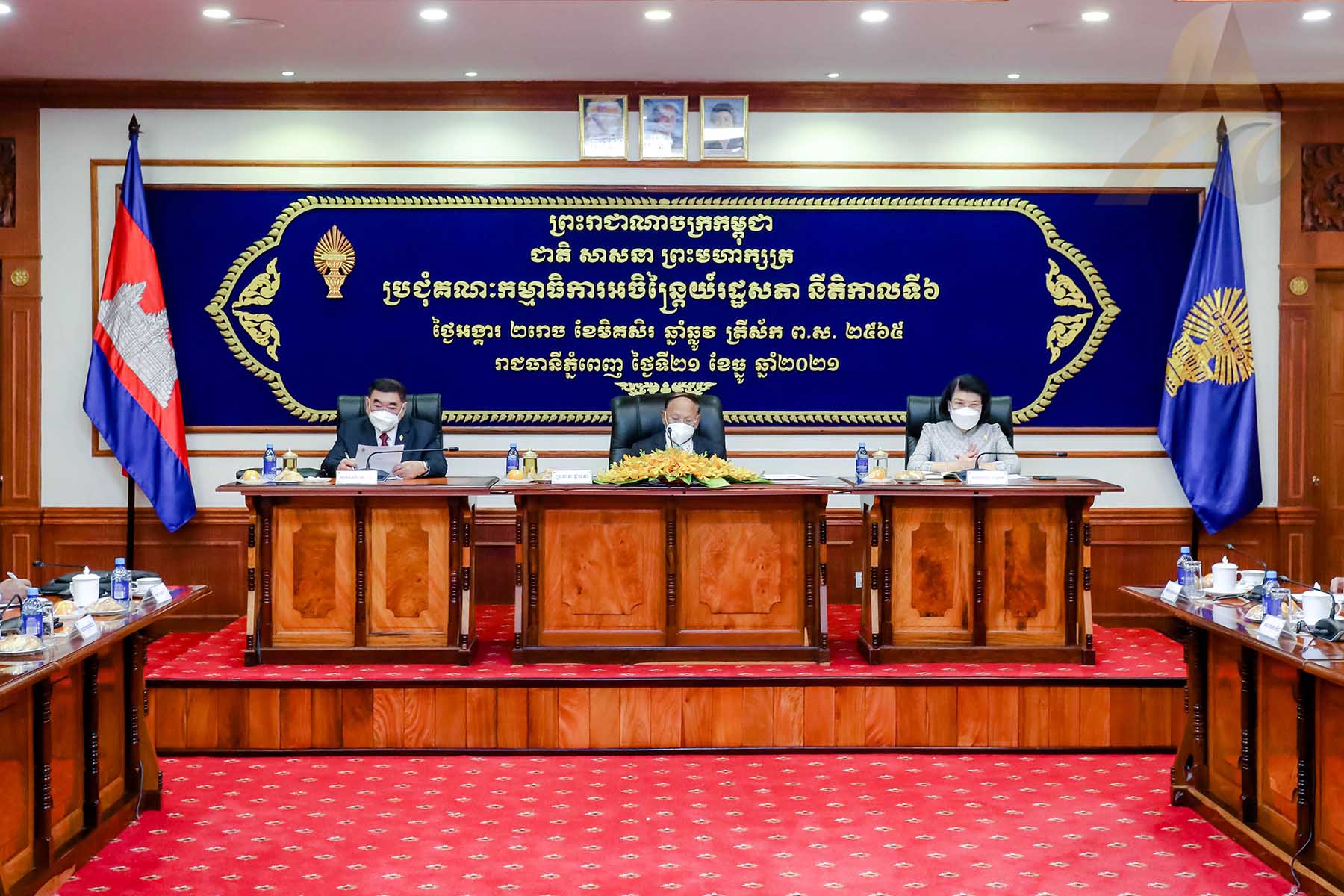
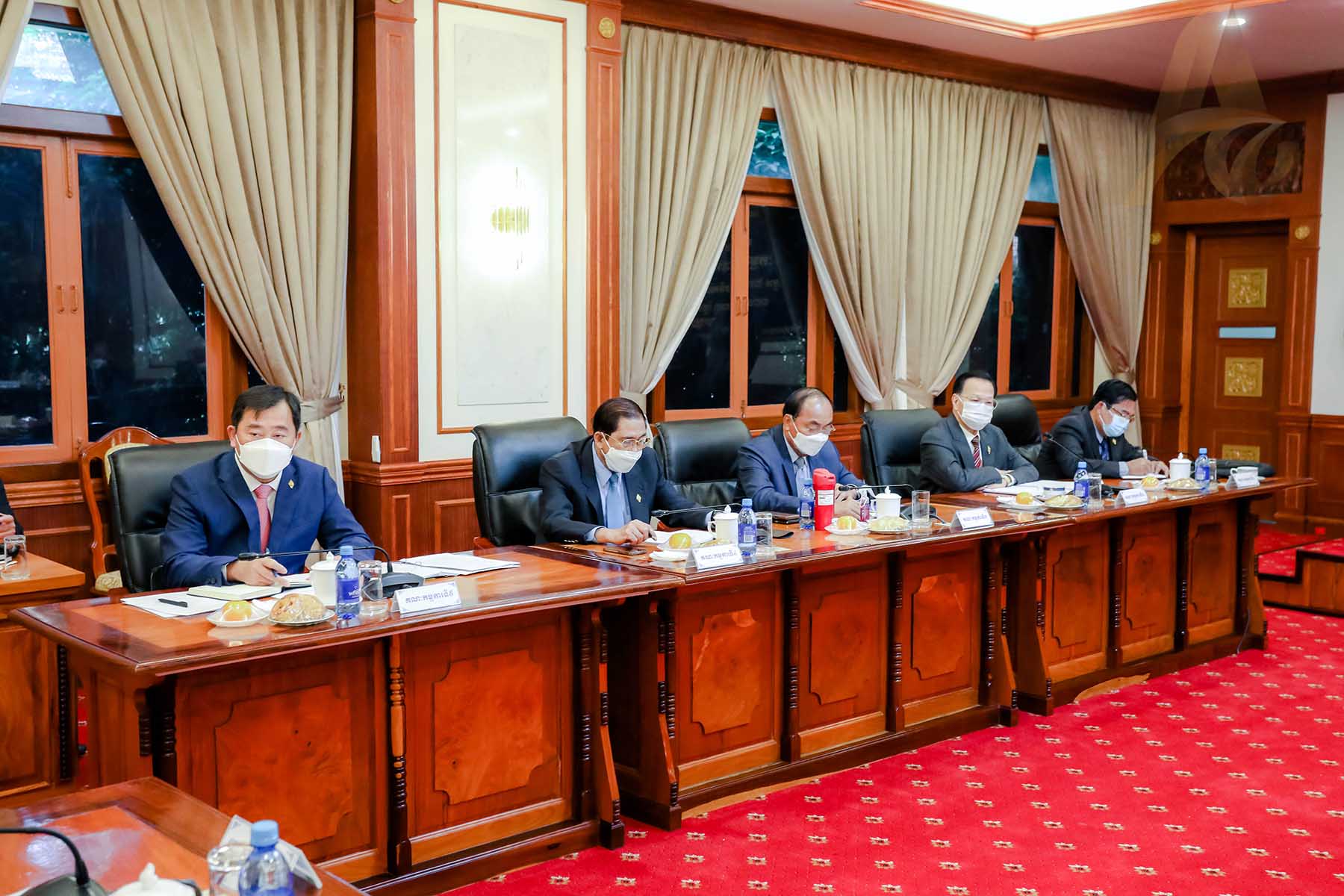
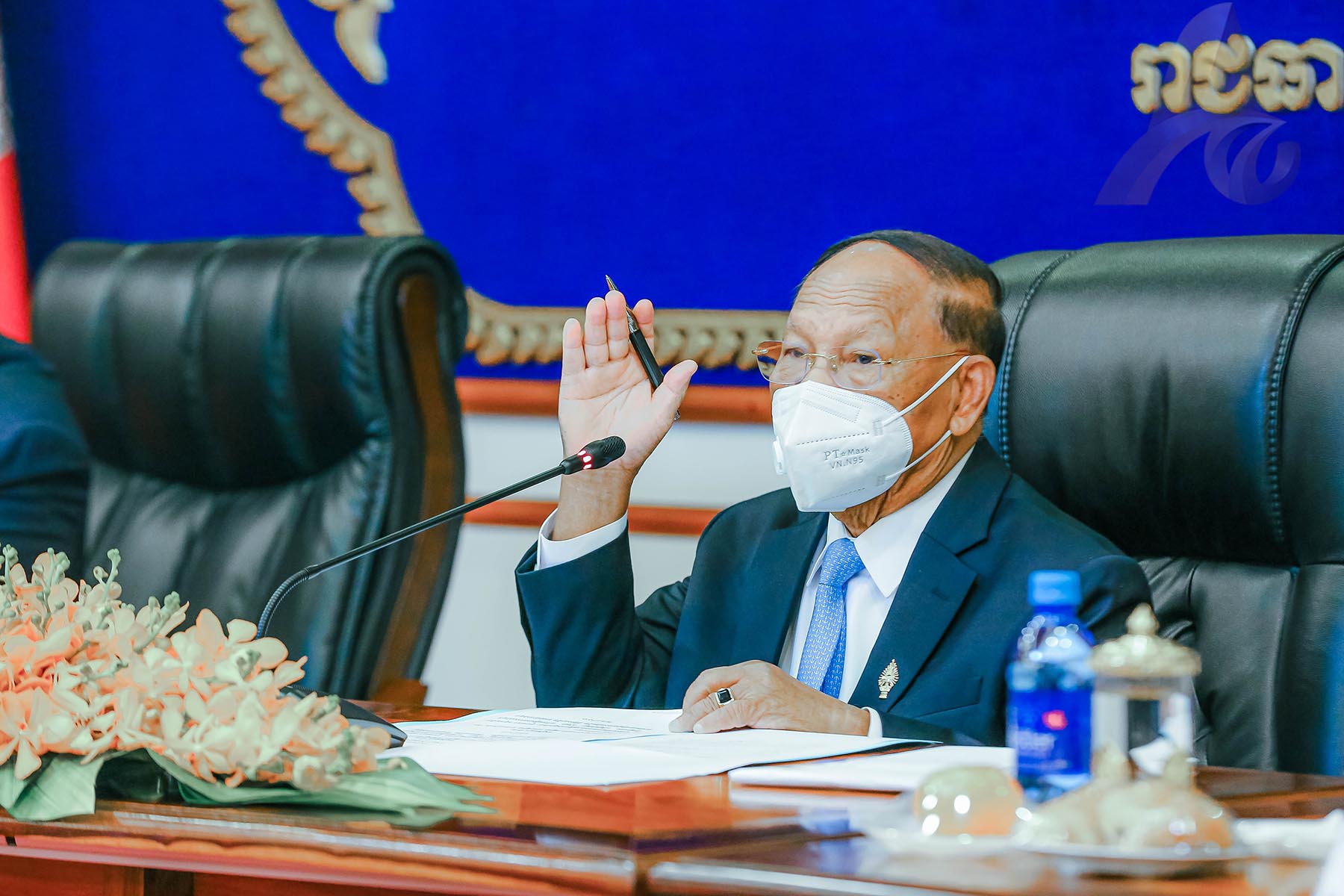
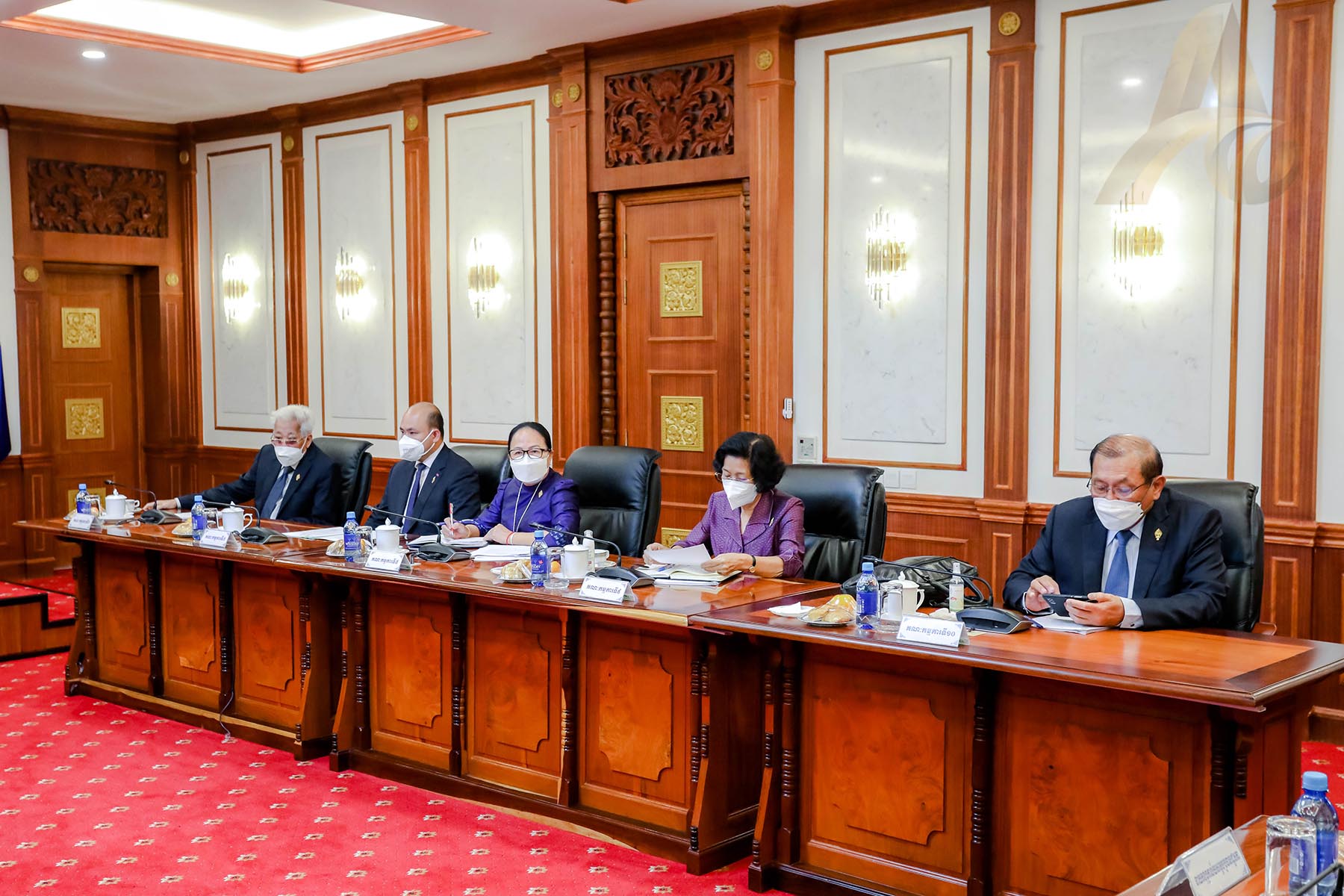
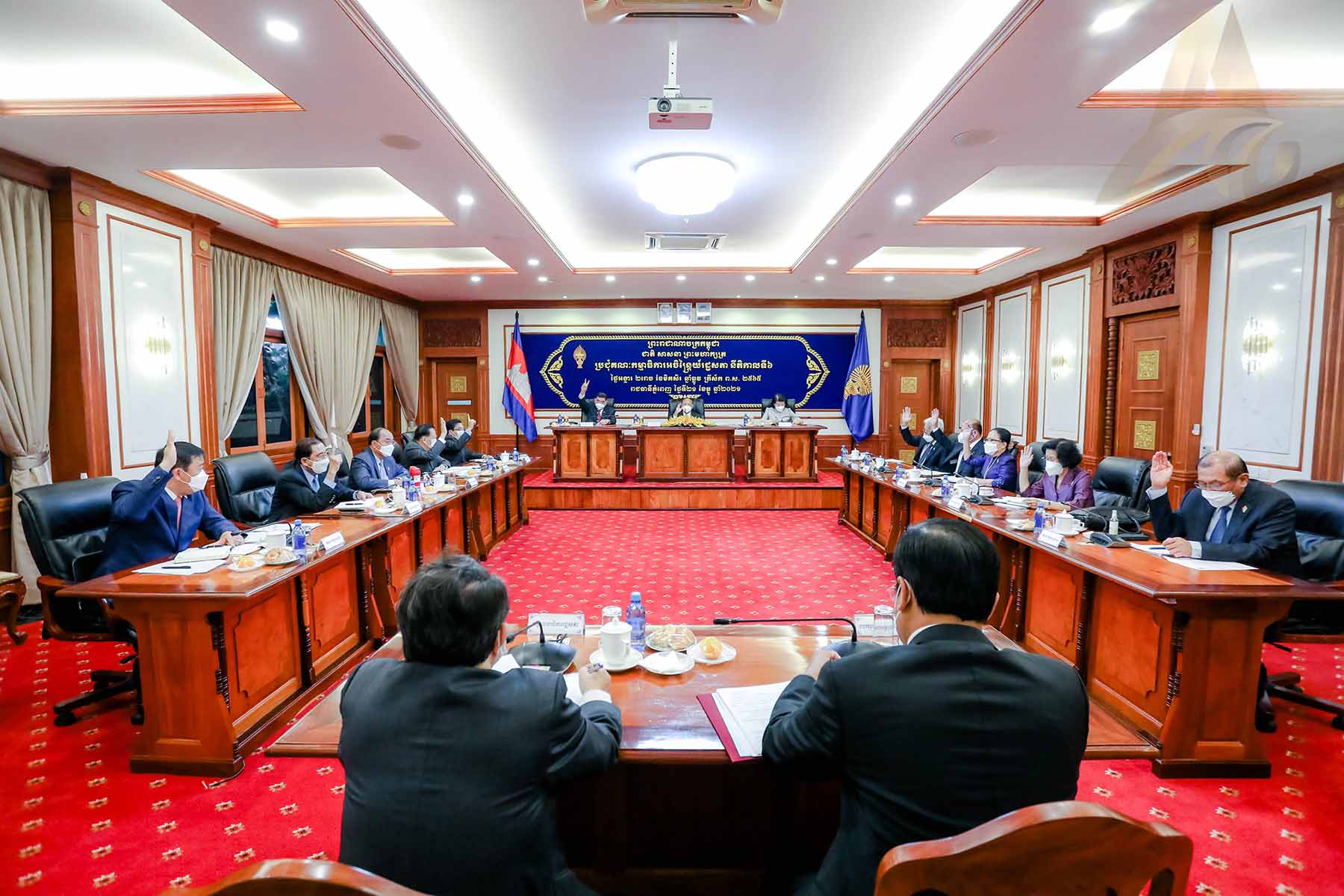
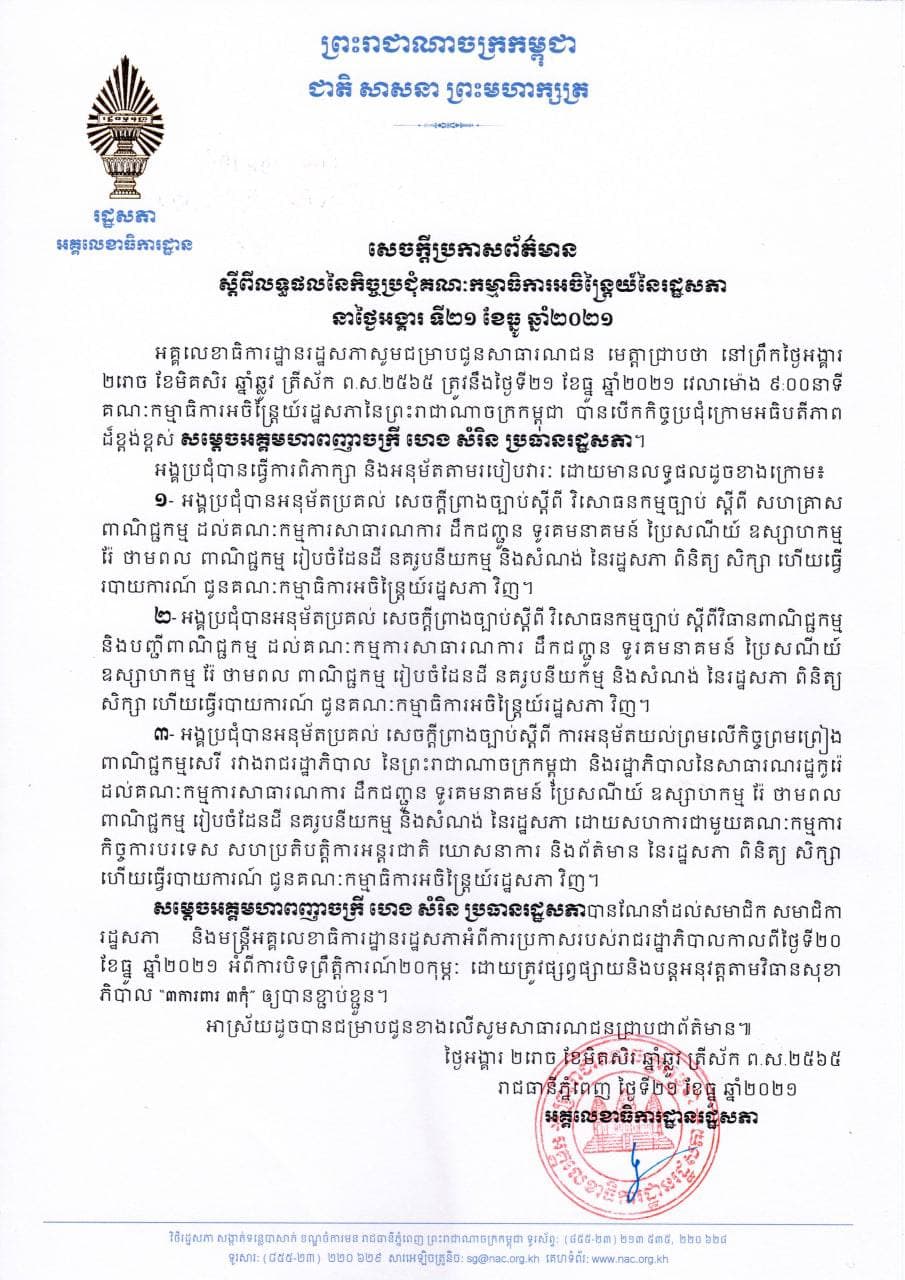
PHOTO: Kosal








